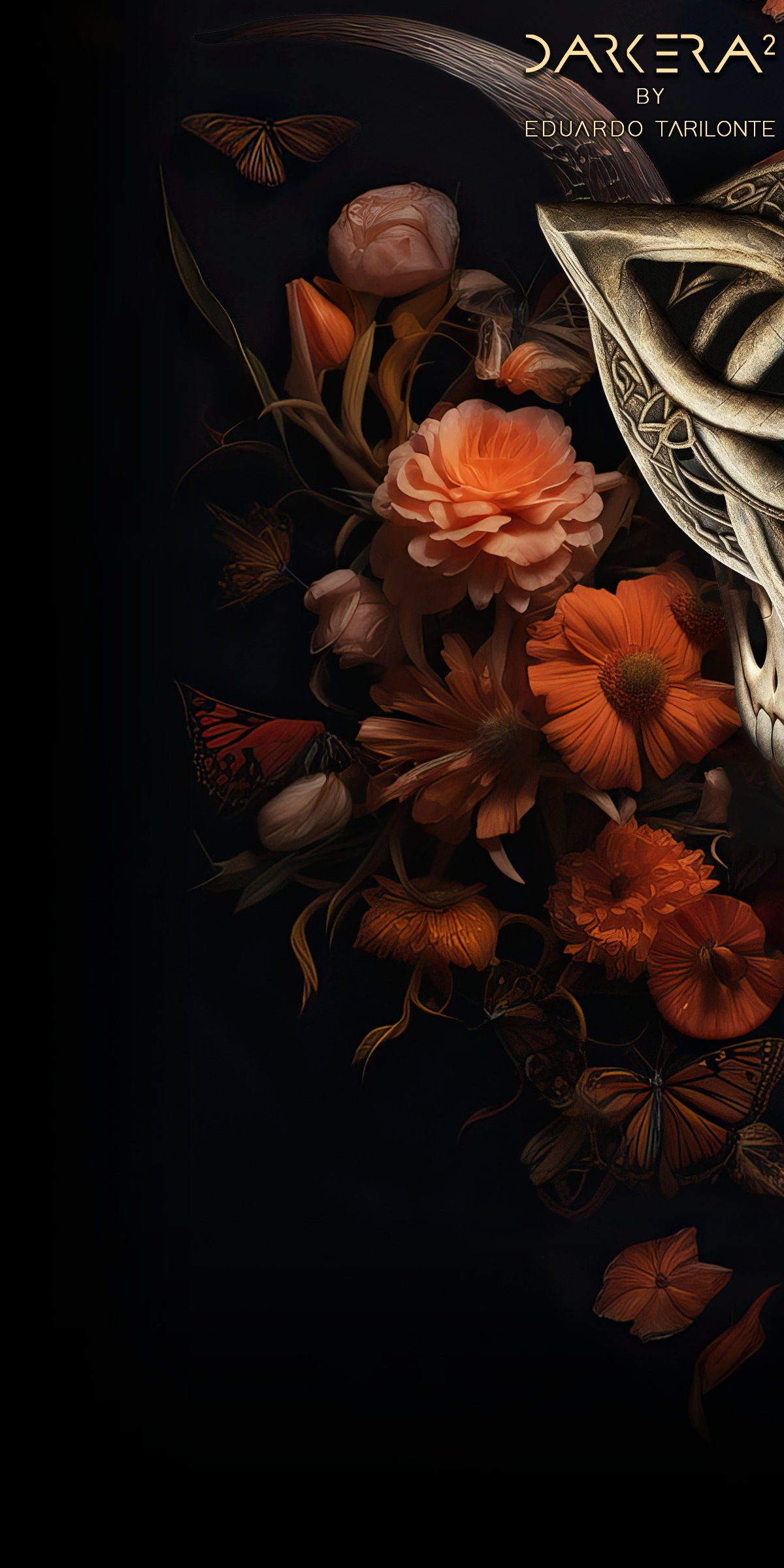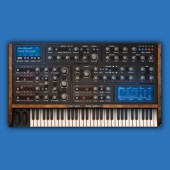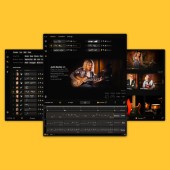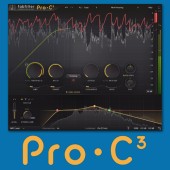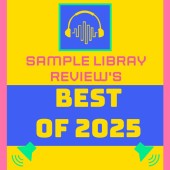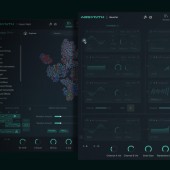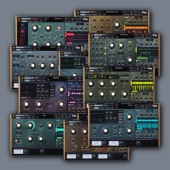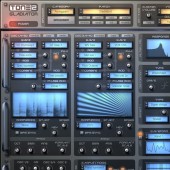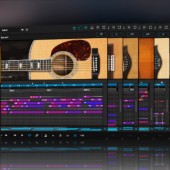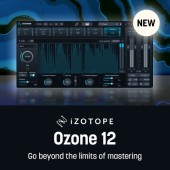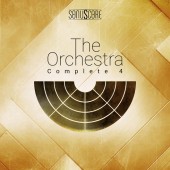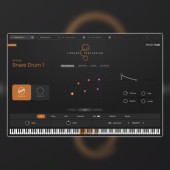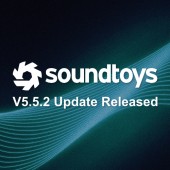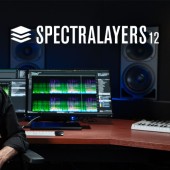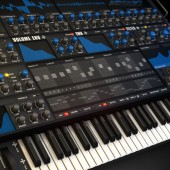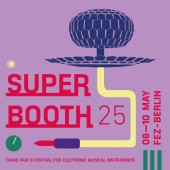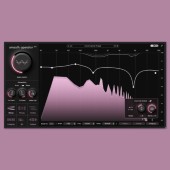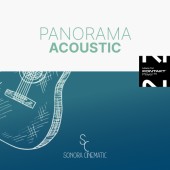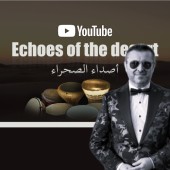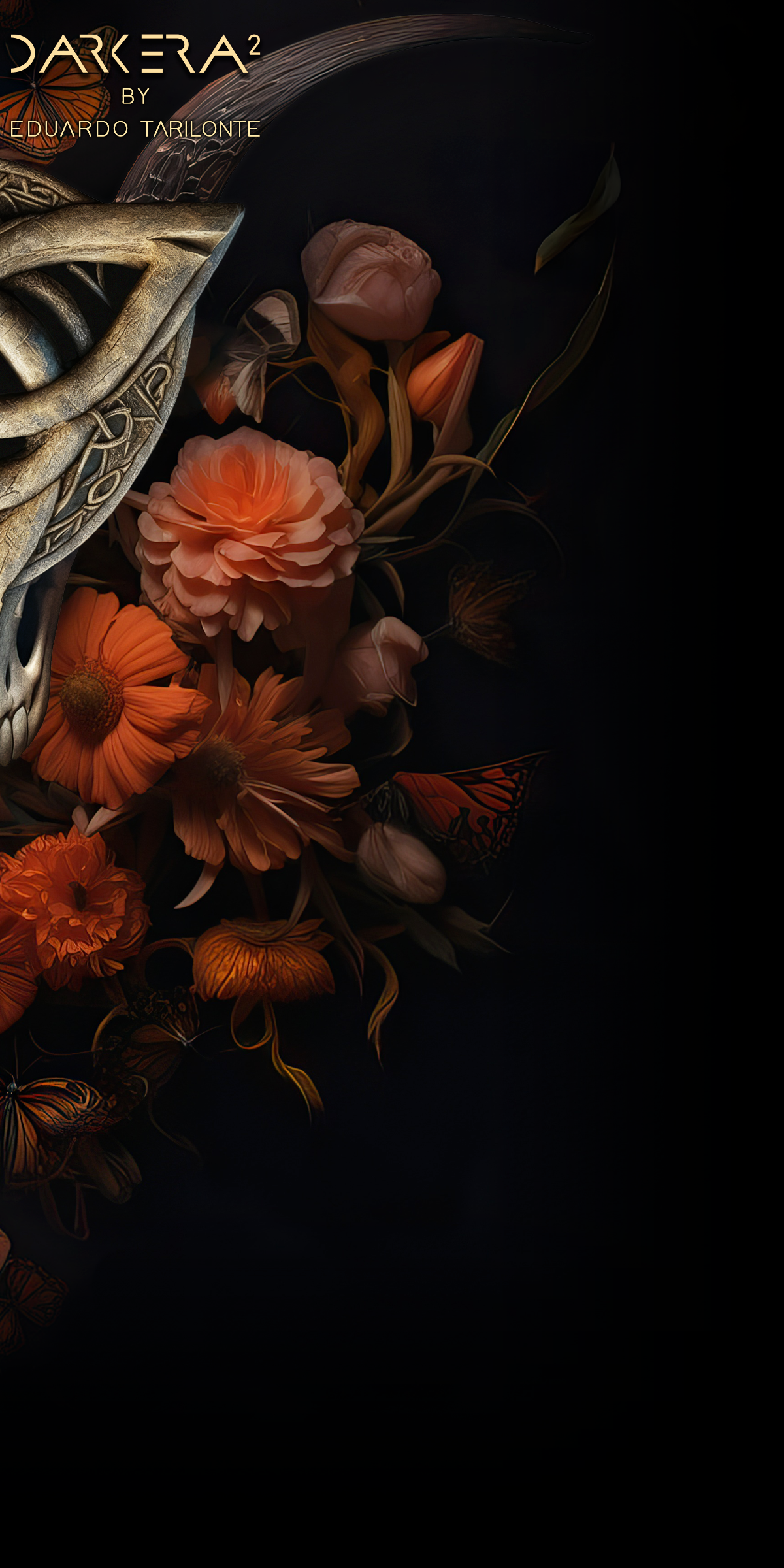Interview: Composer Rudi Sordes

Rudi Sordes has achieved what many people dream of. He made it to the Winter Olympics 2022 in Beijing – despite being over fifty years of age. The French musician would probably not have achieved great success as an athlete. However, as one of the composers for the opening ceremonies he showed that he is one of the best in his profession.
But how is it possible that a French composer created the music for the first short film shown at the opening ceremony of the 2022 Winter Olympics? Rudi Sorde's story is about believing in yourself, perseverance and friendship – and a little bit of luck that made his dream become reality ...
Rudi, nice to meet you. You were one of the composers for the opening ceremony of the 2022 Winter Olympics in Beijing. A job like this requires a lot of musical experience. When did you start composing?
Rudi: I started composing a little bit late compared to other composers. I was 13 years old. It was the time before digital studios with countless virtual instruments took over. Now I’m 55, so I started composing when computer-based music production was „something new“.
Back then, I often sat down at my sister's piano and played some notes. My first compositions were created on this instrument. Since then, I have composed and produced a lot of music and some of it found its way into television and French radio. I have also written a lot of music for my own pop music projects.
I started my career as a technical engineer, but I have always tried to combine both worlds. During my studies, which I completed in France at the college Centrale Paris and in Germany at the RWTH Aachen, I achieved a second degree in electrical engineering. This degree opened the world of music engineering for me. Among others, I worked for different broadcasting companies. Currently I am still working as an engineer, but I am more and more involved in creative media productions.
From your sister's piano into the ears of countless listeners worldwide – you have achieved what many composers dream of. Which event in your life was the most important on your way to become a professional composer?
Rudi: We write the year 2000 – I was in my early 30s at that time. My wife and I already had six children. She wanted to support me in making my dream of working as a professional composer become reality. She made it possible that I could spend a month in Los Angeles to try to become a professional composer.
At that time I met a lady who was one of the most successful agents for film music composers in Hollywood. She was very friendly, but told me that she couldn't do anything for me because potential clients would first ask for references from professional television or radio productions, which I unfortunately didn't have at that time. However, she assured me that once I would get some references, I would have a realistic chance to make it in this industry.
What were your next steps?
Rudi: I took the lady's words very seriously and went through the contacts in my address book to find someone to work with. I got as far as the letter F. My finger stopped at Francis Fourcou. We met two years earlier at a job we did together, that had nothing to do with music. I remembered that he also worked as a director for television and feature films and decided to give him a call.
At first, he was very sceptical, but he told me that I should call him again in six months, because he would start a new project then. I did and we met at his studio. He listened for about five seconds to my demo CD and realized that I know how to compose music.
That's how I got my first real job as a composer for French television. I wrote the music for a string quartet and was musically responsible for his next films. We still work together to this day.
To sum it up, the rather disappointing conversation with the successful agent in Los Angeles was your career launch to work as a pro level composer?
Rudi: In retrospect, yes. She managed to analyze precisely in this short conversation we had, what I was missing to become a professional composer – references. I am still very grateful to her.
Many musicians wait years to be discovered. I think the better way is to get public with your music and make contacts. Even if that means that you have to do some jobs without getting paid.
Let's jump to 2022. You composed the music for the first short film of the opening ceremony of the Winter Olympics in Beijing. The now well-known Chinese commercial filmmaker Long Jiangbo is responsible for the clip. How did you get to know him?
Rudi: Four years ago, I made a business trip to China. The visit had nothing to do with my work as a composer, but with my job as an engineer. I used my free time to meet people from the creative industries.
Through my contacts from France, I got in touch with a man from China who could speak French perfectly and was also very well connected in the creative scene. I was very lucky that he was in Beijing at the exact time I was there. He introduced me to filmmaker Long Jiangbo.
How was the conversation with him?
Rudi: I was very impressed that someone like Long Jiangbo had so much time for me. We spent almost a whole day together. We were accompanied by a translator to understand each other. Long Jiangbo was very friendly and showed me his work, which impressed me a lot.
He liked my music and wanted to collaborate with me to get new musical influences for his work. At the end of the day, he asked me how much it would cost to work with me. In China, copyright law is far away from European standards. Any music can be used quite easily without additional costs. The budgets for compositions on creative projects are very low for this reason.
What came next?
Rudi: At that time, we were both relatively unknown. We decided to work on projects without a big budget in order to get to know each other first and to grow together. For the following year and a half, we stayed in contact and worked on planning smaller projects. After a while Long Jiangbo was chosen to produce an image film for the largest Chinese insurance company PICC for their 70th anniversary.
He asked me if I would like to compose the music under the theme "orchestral poem" for a two- minute clip. He sent me a mood board with 15 images that reflected scenes from the film for orientation. This collaboration was very successful.
Six months later, Long Jiangbo asked me to come to China. He produced another clip for PICC. With nine minutes duration the clip was a lot longer than the first one, and he asked me if I would like to compose the music again. This collaboration was also a big success. By the way, the film is called "Children of Earth" and it is an ode to the people who live in the rural regions of China. You can see me in the clip because I am one of the actors.
And then there was the job that changed everything?
Rudi: First there was Covid and all of Long Jiangbo's projects were stopped. However, in November 2021, he contacted me. He told me that he was selected out of 20 applicants to produce the first short film for the opening ceremony of the Olympic Games 2022 in Bejing.
The head of the ceremony committee was Zhang Yimou – one of the best and most successful directors in China. He also directed the opening and closing ceremonies at the 2008 Beijing Olympics. Long Jiangbo asked me to compose the music for the film.
How was Long Jiangbo able to convince Zhang Yimou to hire you as composer?
Rudi: Afterwards the whole situation was very funny. Of course there was a meeting where Long Jiangbo presented my music to Zhang Yimou. To be honest I was not sure if my composition would really be used for the opening ceremonies until the show was on television. Long Jiangbo was also not 100 percent sure if I would be replaced by a Chinese composer at some point.
Nevertheless, we continued our work and finished the film step by step. Two days before the opening ceremony, Long Jiangbo was able to assure me that my music would be used. The funny thing was, that until the first note of my composition was played at the ceremony I couldn’t believe that this will really happen.
Later I found out, that Zhang Yimou accepted me early as the composer for the film but had always a plan B in his pocket.
Were there any other challenges to master?
Rudi: Yes, there were. The short film is a countdown to the end of the 24 traditional seasons ending with spring. The structure of the film has been constantly changing through the process. At first the plan was to have the same duration for each season.
In the final version, the seasons are shown with different lengths of time. The last ten seasons are counted down in a fast countdown. To implement this change was a great challenge, as I had to make constant changes to my composition.
Did you have access to the film material at the beginning stage of your work so that you could compose your music alongside moving image?
Rudi: No, unfortunately not. The whole ceremony was subject to secrecy. At the beginning it was not even known that Zhang Yimou was directing it. I only had the idea of the film as a template. There was a musical reference, but I could only use it as a rough guide.
I sent several ideas to Long Jiangbo, who in return gave me feedback. Over time I developed a suitable sound image step by step. Later in the process, I got the script of the short film. I made my own three-minute film based on this script using stock images and videos. Gradually I got more and more insight into Long Jiangbo's work and received a first version of the film.
Were there any guidelines regarding the sounds and which instruments did you use and why?
Rudi: A rough guideline was that the composition should sound international with 20 percent of the sounds used being of oriental origin. But over all I had a lot of freedom. The bass at the beginning of the film is based on a preset from LennarDigital`s „Sylenth1“. What I like most about this software synth are the analog sounds as well as the many inspiring presets, which I often use as a starting point for further sonic processing.
I also used Best Service „The Orchestra“, by Sonuscore. This library offers a very efficient way to achieve realistic sound results quickly – with just a few tweaks. What I also like about „The Orchestra“ is that several instrument groups can be played simultaneously.
By the way, I don't use the well-known Animated Orchestra of the library. I compose with the individual sounds of the instruments. I also used libraries from Output Sound because the sounds work perfectly in combination with orchestral sounds.
The traditional Chinese sounds come from the Best Service library "Peking Opera Percussion".
I really liked the vocal sounds in your composition. Did you have professional musicians in the studio for the recordings?
Rudi: No, the recordings feature me and my daughter Emma. She has a great voice for pop music and I also collaborate with her on other projects. I also used the Best Service Library Shevannai. What I like most about this library are the many editing options and the great sound.
By changing only three parameters, I was able to achieve a natural and emotional vocal sound that was perfect for my composition. By the way, this instrument is perfect for epic music.
Were certain sounds replaced by real (orchestral) instruments afterwards?
Rudi: No. All sounds, except the vocal tracks of my daughter and me, were created in-the-box. Almost every sound that can be heard in the video of the opening ceremony comes from various sample libraries.
What has changed since you composed music for the Beijing Winter Olympics?
Rudi: For me, this job was a door opener. Now I finally have the necessary big references that I needed according to the agent I met in LA at the time. By the way, my children threw a big party for the opening ceremony and were proud that their dad had finally composed something presentable (laughs).
Rudi Sordes – favorite virtual Instruments:
Best Service The Orchestra Complete, by Sonuscore
Best Service Peking Opera Percussion
Best Service Emotional Violin
Best Service Emotional Cello
Best Service Shevannai
Native Instrument Komplete 13
Izotope Iris
Output Exhale
Output Analog Strings
Output Analog Brass and Winds
Output Substance
LennarDigital Sylenth1
